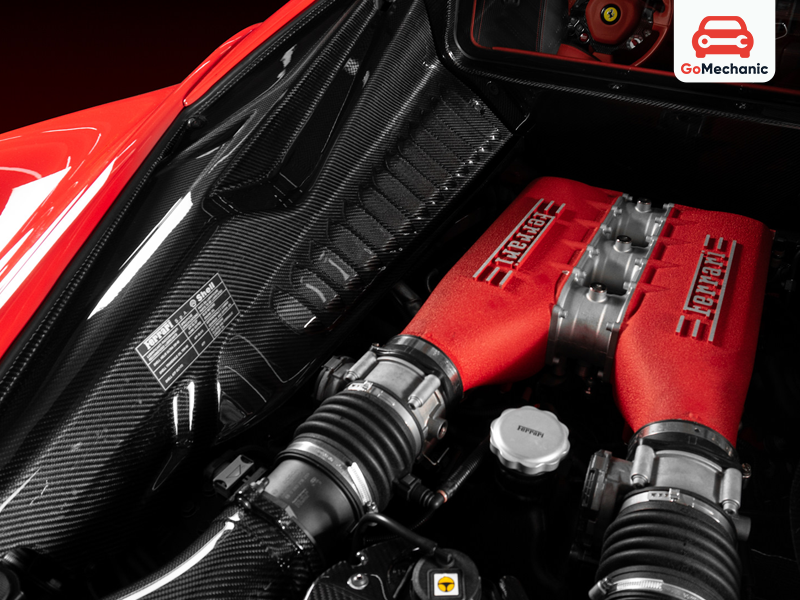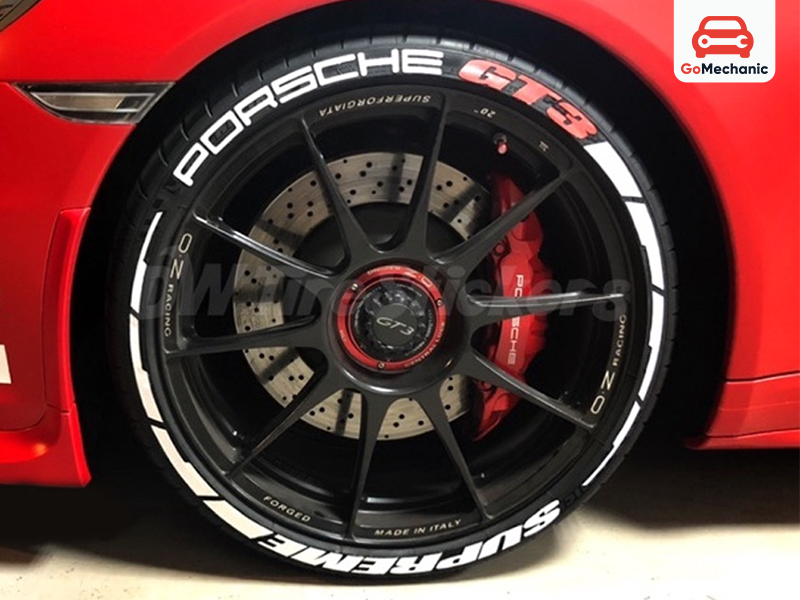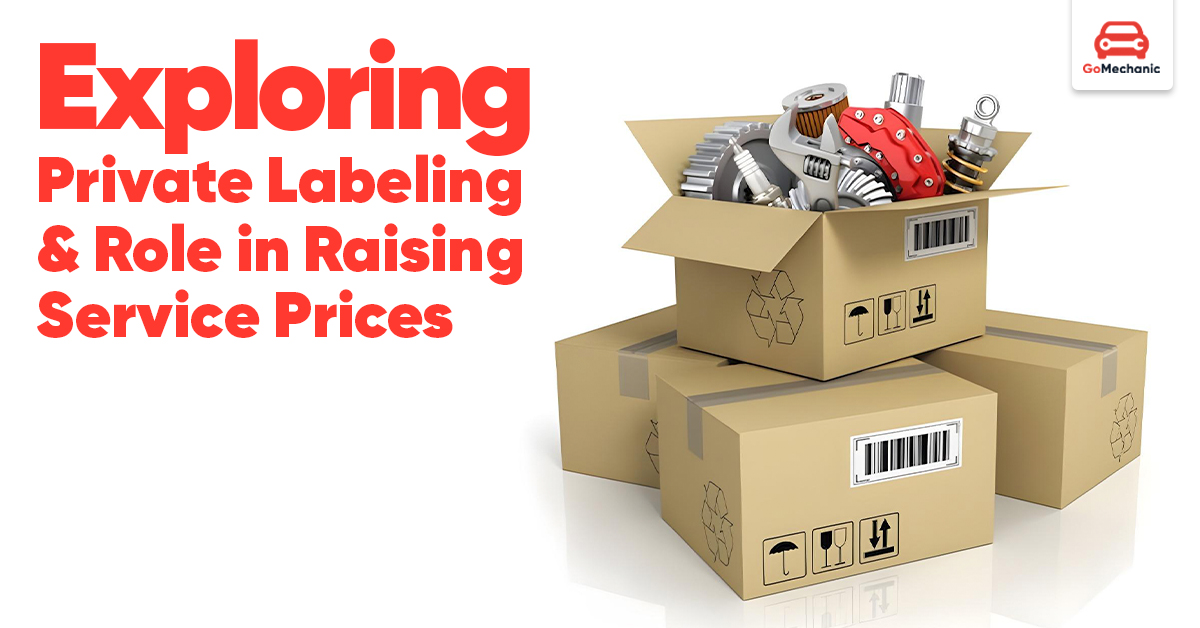Private labeling in the automotive industry, especially for luxury cars, involves outsourcing the manufacturing of spare parts to third-party suppliers, which are then branded and sold under the luxury brand’s name. While the process offers certain advantages in terms of supply chain control and exclusivity, it also significantly elevates costs. Here’s a detailed breakdown of how it works and its financial impact:
1. Process of Private Labeling for Luxury Car Parts
- Selection of Manufacturers: Luxury car brands partner with specialized manufacturers (usually Original Equipment Suppliers or OESs) to produce specific components. These manufacturers already have the expertise and capacity to produce high-quality parts.
- Example: Ferrari partners with companies like Brembo for braking systems and other suppliers for electronics, but these parts are sold under Ferrari’s branding.
- Customization and Branding: The parts produced by OESs are customized to meet the luxury brand’s specifications, ensuring consistency in quality and performance. The luxury brand then rebrands the parts with their logos and packaging, creating a perception of exclusivity.
- Control Over Specifications: While the luxury brand doesn’t produce the parts, they maintain control over specifications, quality checks, and packaging, ensuring the final product aligns with their brand values.
2. Why Private Labeling Elevates the Cost
- Brand Value and Exclusivity: The key to luxury brands is exclusivity, which private labeling helps reinforce. The parts produced by external suppliers are often identical to those sold in the aftermarket, but they are marked up significantly once they bear the luxury brand’s label. This exclusivity and perceived higher quality allow luxury brands to charge premium prices.

- Higher Margins for Manufacturers and Brands: Luxury car brands work closely with their private label manufacturers to design packaging and labels that elevate the product’s perceived value. This process increases costs significantly as the parts undergo additional branding, quality checks, and sometimes minor modifications.
- Example: Ferrari’s strategy of limited production ensures that demand always exceeds supply, allowing them to charge premium prices for parts and services.
- Customization Fees: The more customized and branded the product, the higher the cost. Parts that are private-labeled for luxury brands often include proprietary modifications, adding to both the production and retail price.
3. Case Studies and Financial Impact
- Ferrari’s Scarcity Model: Ferrari is a classic example of a brand that uses private labeling and exclusivity to inflate costs. Ferrari intentionally limits the number of vehicles it produces, and this extends to its spare parts, ensuring they remain scarce and therefore highly valued. The limited availability of branded spare parts allows Ferrari to command higher profit margins—up to 27% EBIT margin, compared to the automotive industry’s average of 7.7%.
- Amazon’s Private Label Strategy: Though not in the luxury car space, Amazon’s private labeling model reveals how manufacturers and brands benefit. By controlling branding and specifications while outsourcing production, Amazon enjoys high margins without incurring the costs of producing in-house. This concept mirrors what luxury car manufacturers achieve with their spare parts.
4. Cost Breakdown
- Increased Markups: A part manufactured by an OES could be priced at $500, but after being branded by the luxury automaker, the same part may retail for $1,500 or more. This markup is driven by branding, packaging, and perceived value.

- Customization Costs: Minor changes, such as adding the brand logo or a custom part design, also increase production costs, which are passed on to the consumer through higher retail prices.
Conclusion
Private labeling allows luxury car brands to create an aura of exclusivity around their spare parts, elevating costs significantly. By leveraging third-party manufacturers, luxury brands can focus on branding while ensuring their products meet high-quality standards. However, this also means consumers pay a hefty premium for branded spare parts, which are often identical to aftermarket versions.
